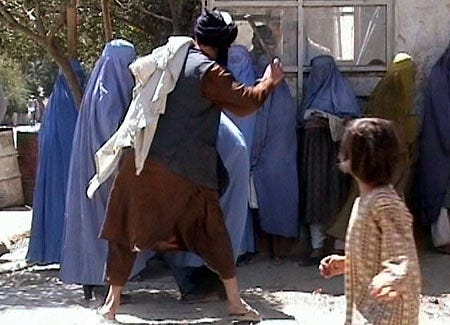
(Editor’s Note: GCV has provided Ghafar anonymity…
Keep reading with a 7-day free trial
Subscribe to Grumpy Combat Veteran to keep reading this post and get 7 days of free access to the full post archives.

(Editor’s Note: GCV has provided Ghafar anonymity…
Subscribe to Grumpy Combat Veteran to keep reading this post and get 7 days of free access to the full post archives.